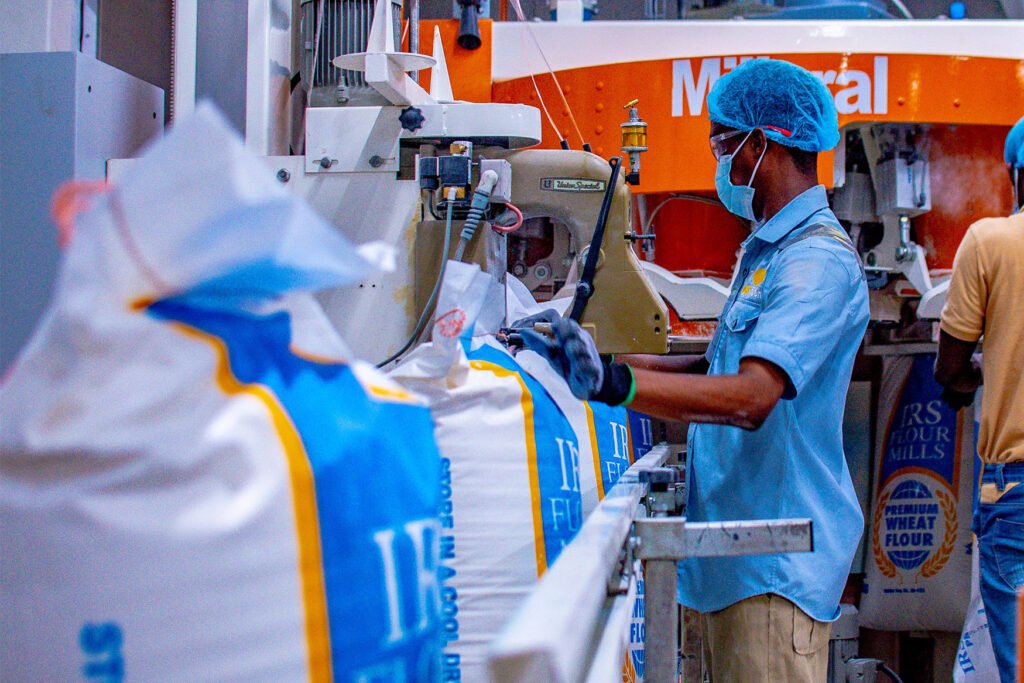The Chairman of the Shipping Association of Nigeria, Mrs Boma Alabi, says indirect taxes make Nigerian ports uncompetitive to customers.
Alabi added that the cost of doing business in Nigerian ports is working against the country, as smaller countries are wresting cargoes from Nigeria.
Making this assertion at a recent press conference at the Lagos Yacht Club in Victoria Island, Alabi stressed that the high cost of berthing vessels is making Nigerian ports uncompetitive to customers.
“Indirect taxation that customers have to pay is making the Nigerian business environment unfriendly to business and investment. Nigerian ports have become uncompetitive because of the several charges customers are made to pay at the port as compared to neighbouring ports like Cotonou and Lome, which collect relatively low charges,” Alabi said.
Citing the example of Terminal 3 at Tema Port, which is a dedicated container terminal that operates three berths and is capable of receiving ships of 366m LOA and 16 metres draught in Ghana, she said Tema Port does 1.9m TEUs, while Nigeria does 1.2m TEUs per year, according to a report by NPS Meridian Port Services Limited in 2024.
She averred that the Blue Economy Project is dead on arrival because of the anti-business attitude of the Nigerian government.
She urged the government to review the charges in line with what is obtainable at neighbouring ports and enjoined the agencies to engage stakeholders to review the charges so that Nigerian ports can be competitive again.
Earlier, Ramesh Saraf, Deputy Managing Director, CMA/CGM Nigeria, asserted that with international investment, the Lekki Free Trade Zone was set in place but underutilised regarding transshipment.
“Lekki Deep Sea Port started operation in April 2023 with less than half the capacity of cargo, and now less operation is taking place at the port. The cost of operation in Lekki Deep Sea Port is triple the port charges in other ports across the world,” Saraf said.
He said that the jobs carried out there are less than half in terms of volume, stressing that with the new 15 per cent increase, transshipment is now more than three times more expensive as compared to what is charged in other ports.







